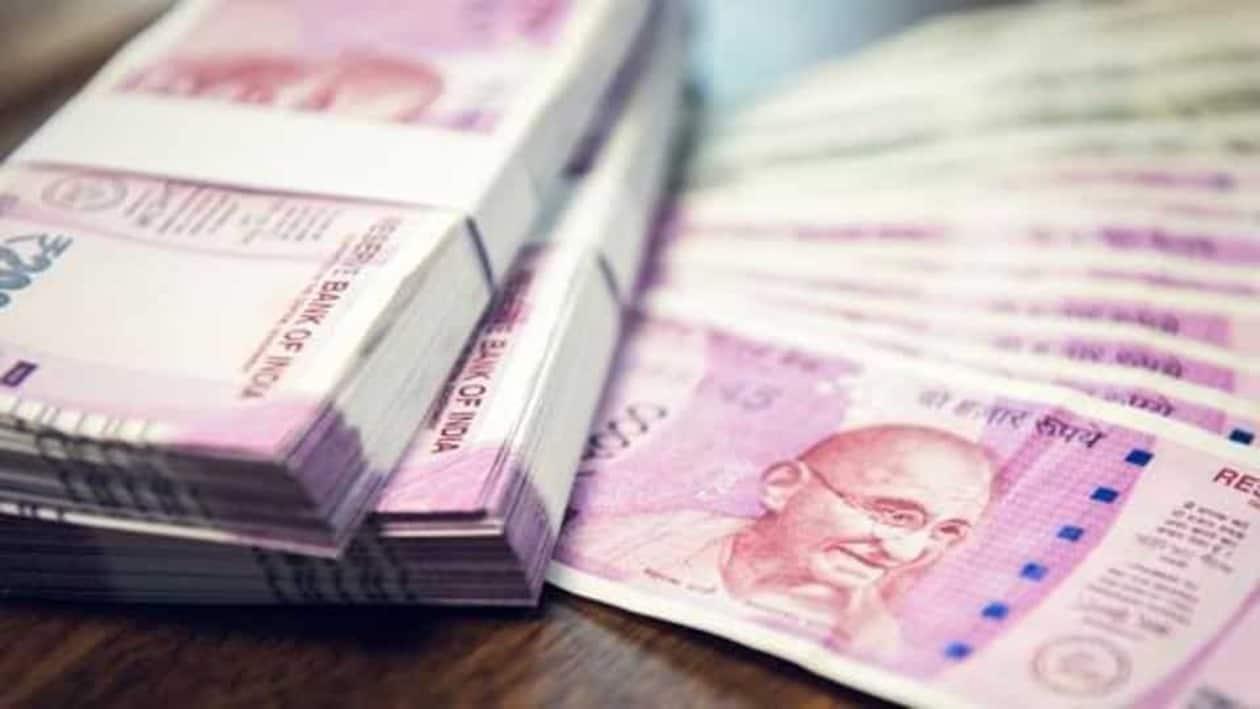Bank deposits are often thought to be safe because banks never fail and one can always get their money back. However, over the previous few years, a number of cooperative banks have gone bankrupt, and a number of public banks have also struggled. Bank deposits are only safe up to a certain point. Let’s look at it through a situation:
Banks X and Y run out of money and both collapse after months of poor performance and management concerns. What is going to happen to the money held by depositors? Is it all over now? Not yet, at least!
Let's start with a basic understanding of what a bank does. A bank is mainly a business that allows you to deposit money, lends it out, or invests it somewhere, earns a return on that money, pays you back the money with interest, and retains the difference as your personal profit.
But the question is, is the money we deposit is actually safe or not? Now is the time to pay notice. With a caveat, the answer is generally YES. Let's take a look at why.
Suppose an account holder Jyoti Maheswari holds ₹8 lakh in her bank account (savings plus fixed deposits). In case the bank goes insolvent, she will stand to receive only ₹5 lakh, and not the remaining ₹3 lakh since the deposits are insured only upto the maximum limit of ₹5 lakh only.
Fortunately, depositors like Jyoti are insured by the DICGC, or Deposit Insurance and Credit Guarantee Corporation, which is owned by the RBI.
What is the function of the DICGC?
Up to a limit of Rs. 5 lakh per account holder per bank, this insurance covers all types of deposit accounts held by a bank, including savings, current, recurring, and fixed deposits.
If an individual's deposit balance in a single bank exceeds Rs.5 lakh, DICGC will pay just Rs.5 lakh, including principal and interest, if the bank goes bankrupt.
This is what DICGC does.
We all keep our money in different banks, assuming that "our money is entirely safe with banks." However, we hear of bank failures such as PMC Bank, Laxmi Vilas Bank, Yes Bank, and others. So, are banks really safe for our money?
Well DICGC doesn’t insure the deposits for free; just like any insured customer, banks also must pay a premium. However, banks don't pass the burden of premium on the depositors. Consequently, our money is insured, and we don’t have to pay a premium for it.
So if we try to understand the gist, banking has become increasingly risky as a result of mounting pressure from all around. Internal profit-driven pressures lead to governance failure, which inspection seldom detects due to the intricacies involved. However, even with all of the risks, banks remain by far safest to park your money.
